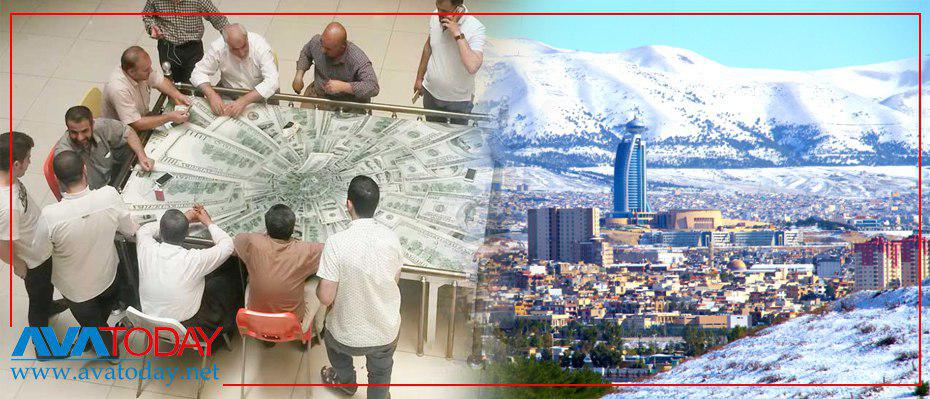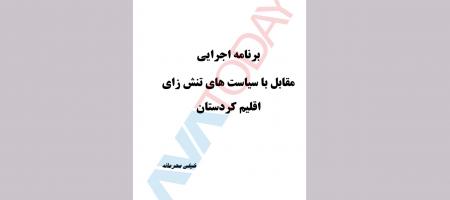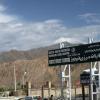
Several money exchange companies based in Iraqi Kurdistan Region’s city of Slemani send 10 million Dollar to Iran on daily bases, a source inside Iranian Intelligence agency (Etelaaat) of Sardasht told Avatoday.
According to the information that the source gave Avatoday on condition of anonymity, Haji Osman Kalari is the key person in transferring money from Iraqi Kurdistan to Iran.
“Haji Osman, from a company named Bawanoor Garmian transfers 10 million Dollar every day from Baghdad to Slemani” the source said. “And in cooperation with Haji Fazil, the owner of a money exchange company, they hand the money to Loqman Majidi in Iran who is trusted by Etelaat.”
The source explained that part of the money would be transmitted to Ataollah Hejazi.
“The main responsibility of this team is to transfer five million Dollar to Iran two times a day which would be 10 million Dollar in total,” he said.
Further information obtained by Avatoday shows that in a separate case another person named Saber Aziz, from Behine Karan Company in Iranian Kurdistan cities of Sardasht and Baneh, with the Bank Mellat account number of 5807473856, transfers $700,000 daily from Slemani to Iranian Kurdistan.
Kurdistan regional government has previously announced that the region will obey US sanctions alongside the central government of Baghdad.
The money exchange companies in the province of Slemani that is under the control of Patriotic Union of Kurdistan (PUK) are helping Islamic Republic to defy the US sanctions. PUK is one of the major Kurdish Iraqi political parties and Iran’s top ally in the region.
Washington has re-imposed oil and financial sanctions against Tehran early hours on November 5th, hoping to change the Islamic Republic’s regional and international behavior.
The sanctions came as a part of US president Donald Trump’s new approach to Iran. He pulled out of the 2015 Iran Nuclear deal in May, called the deal “worst ever” agreement.










